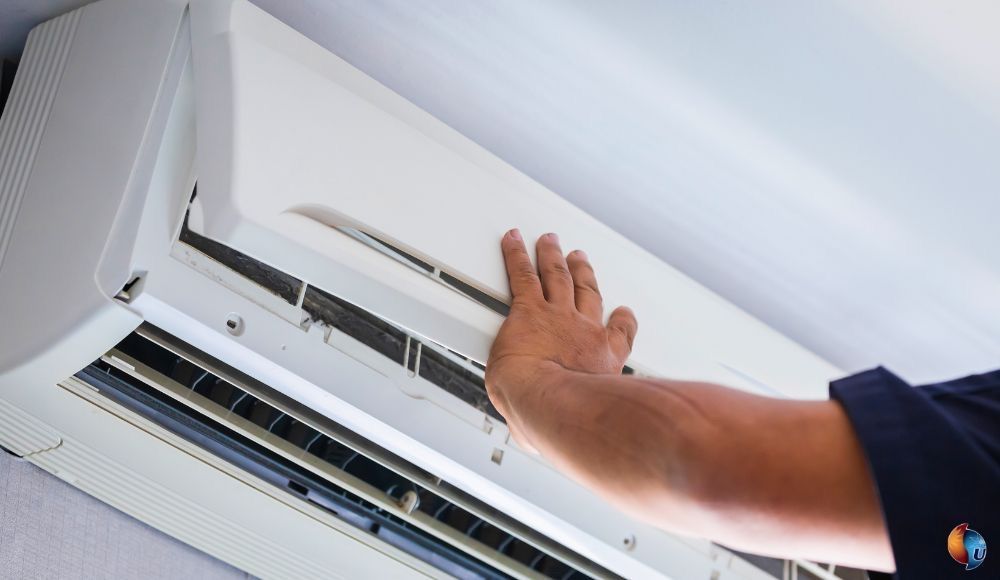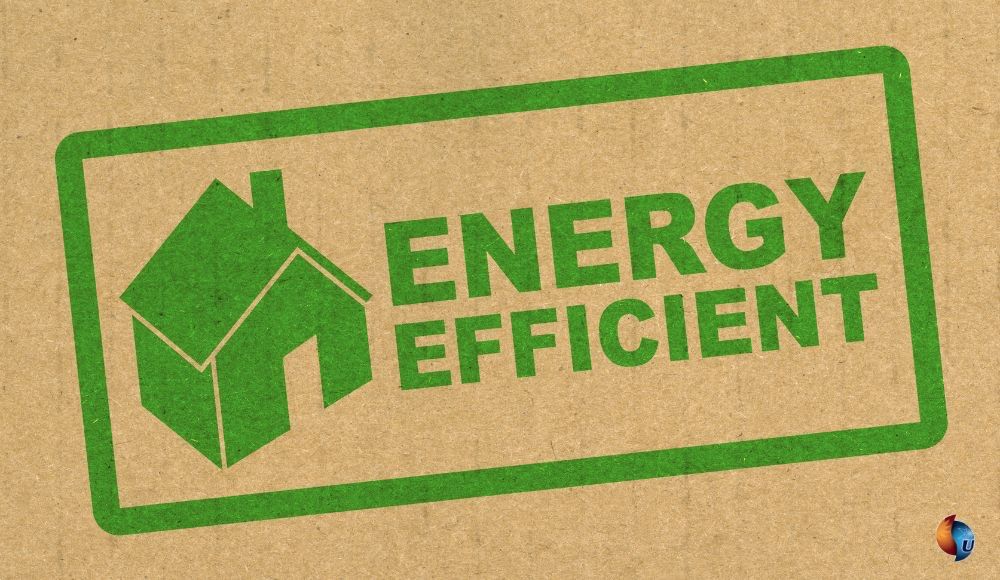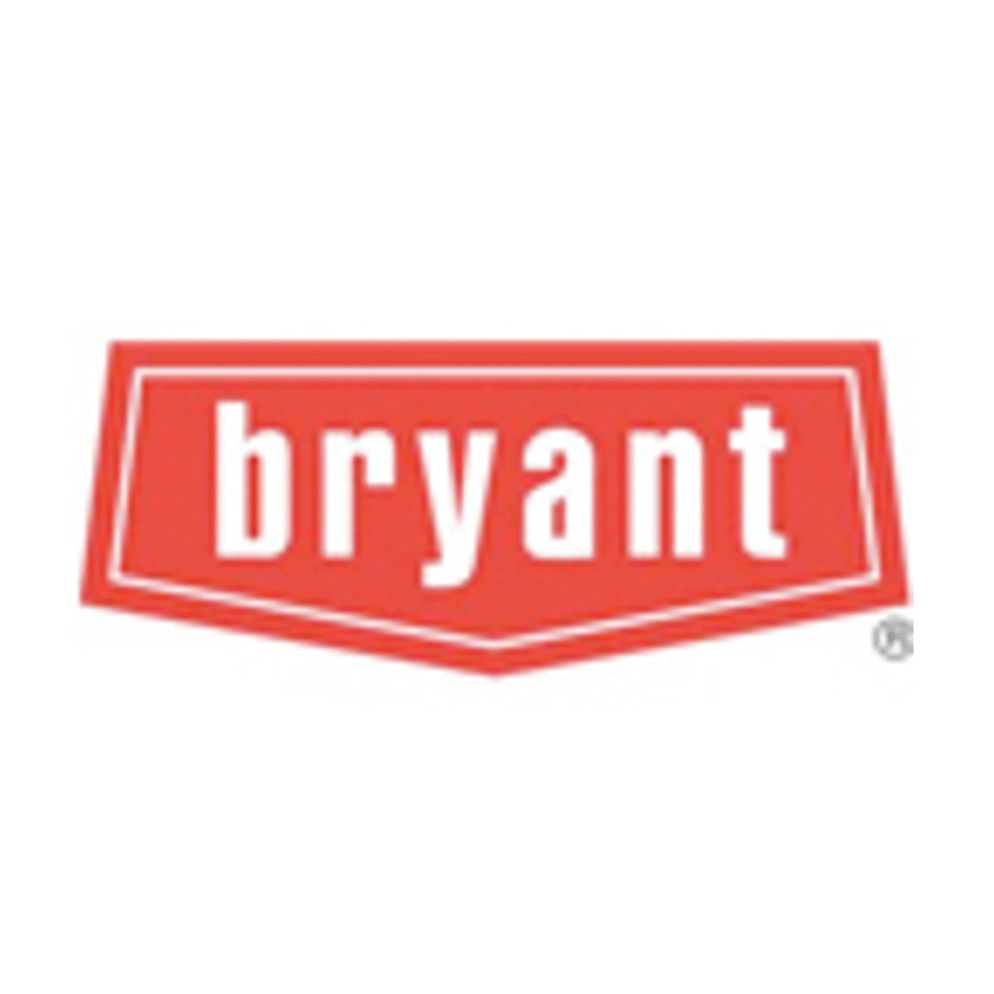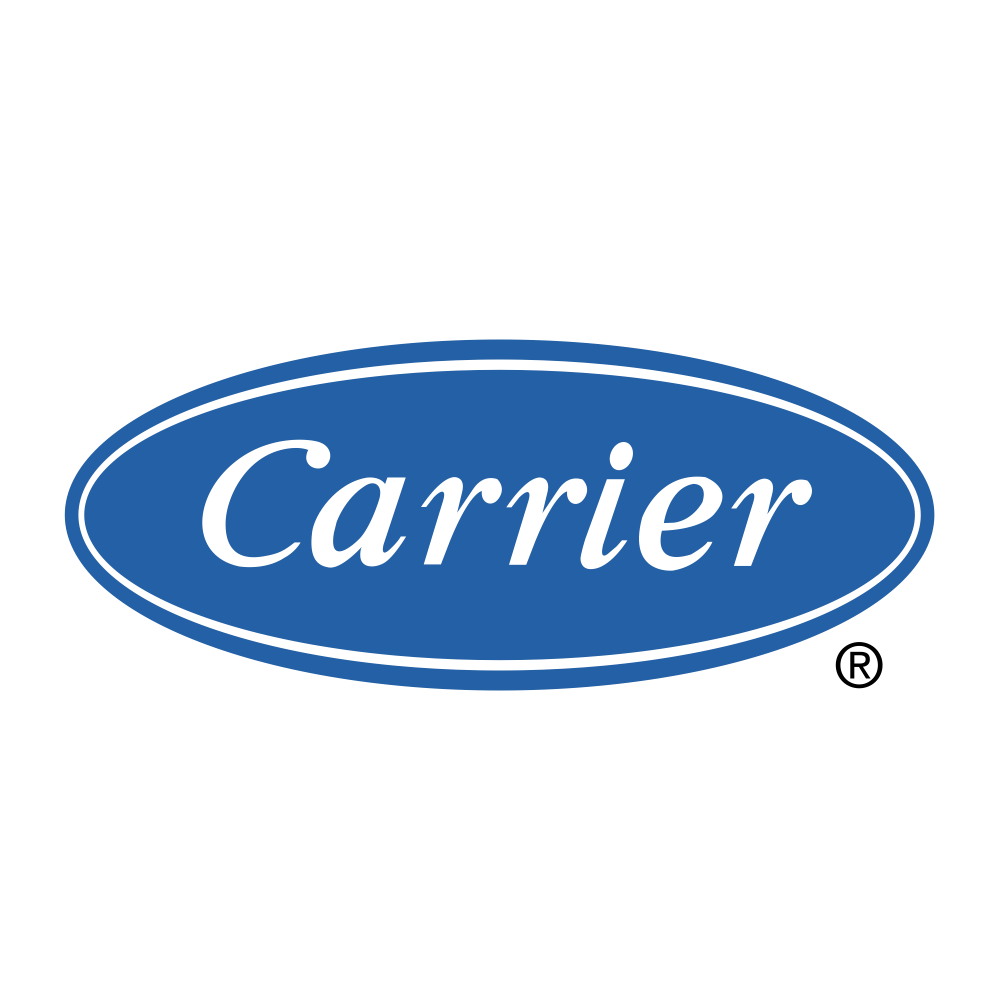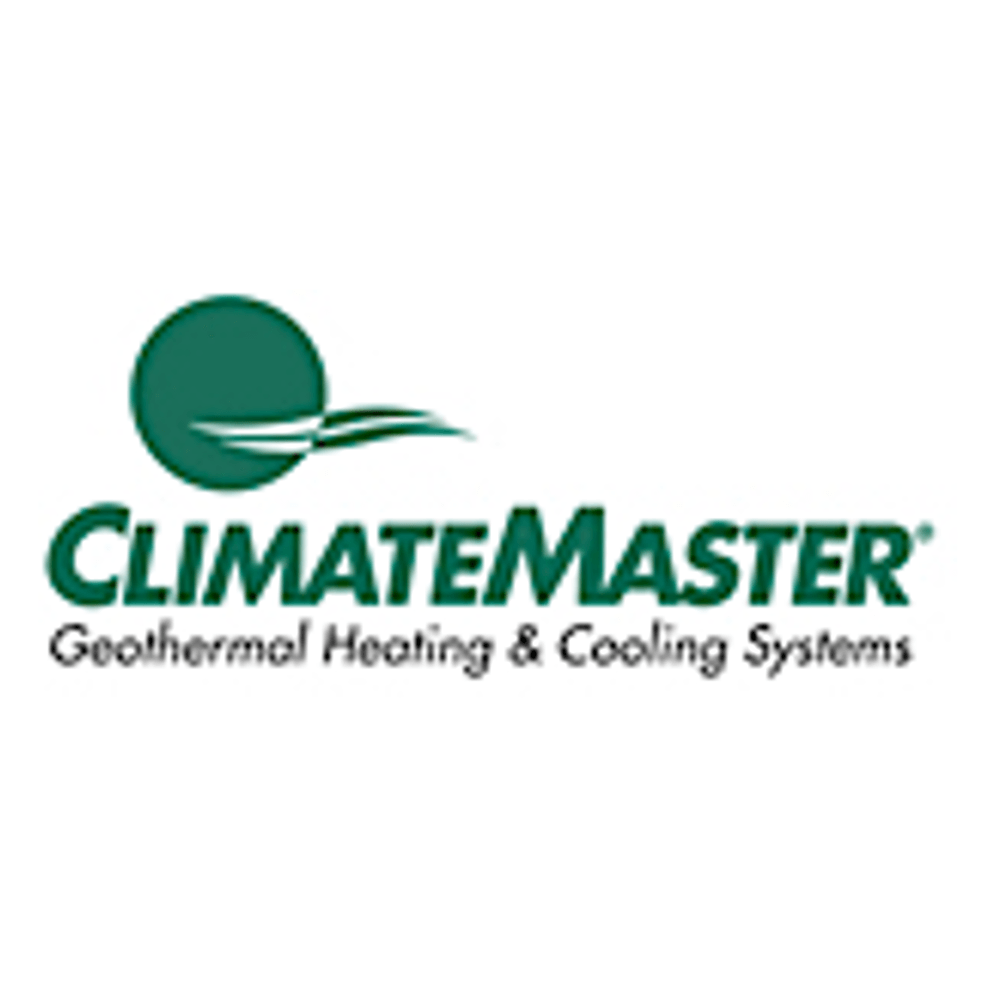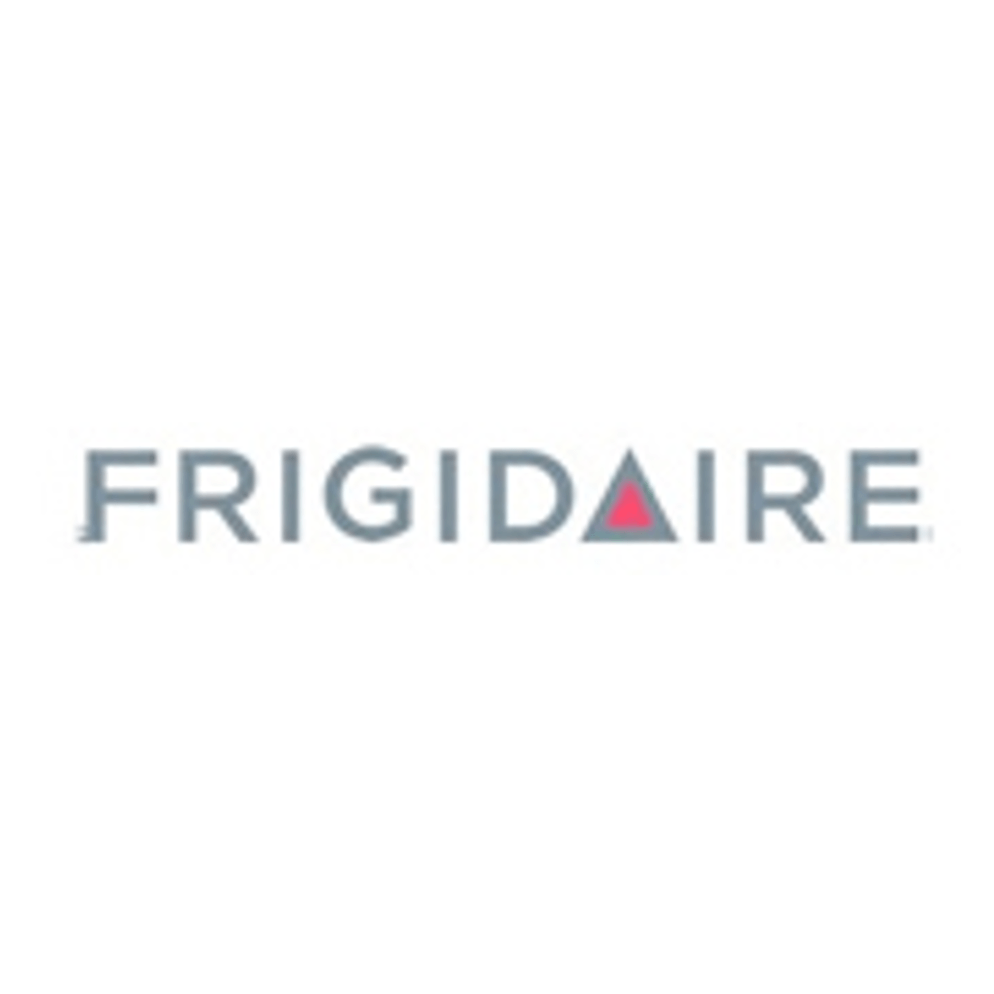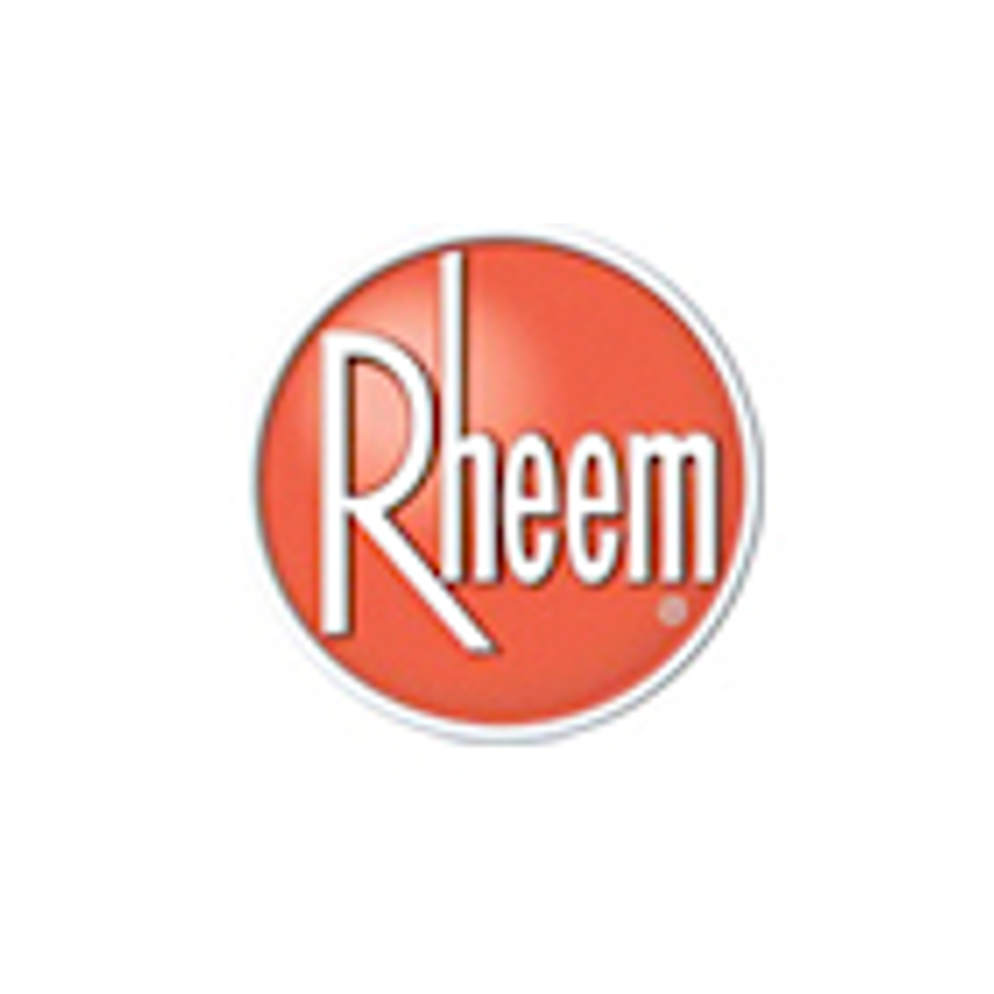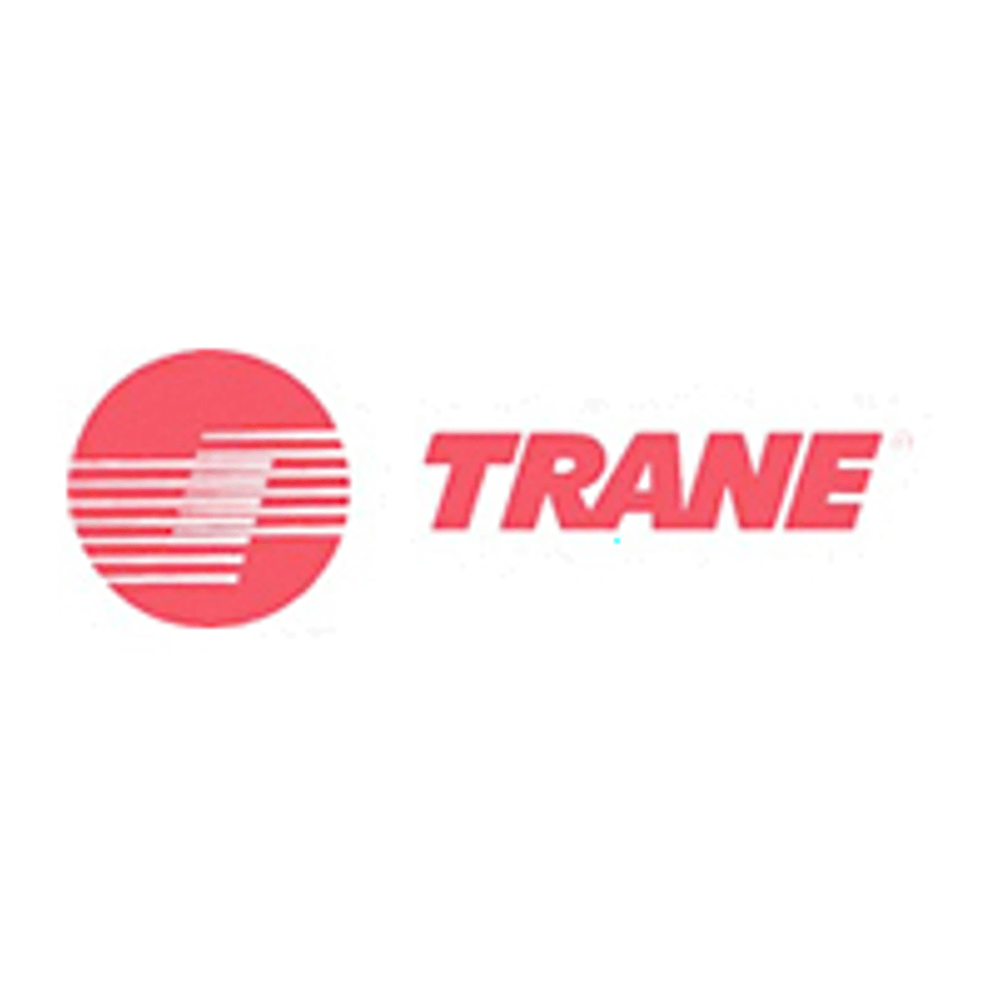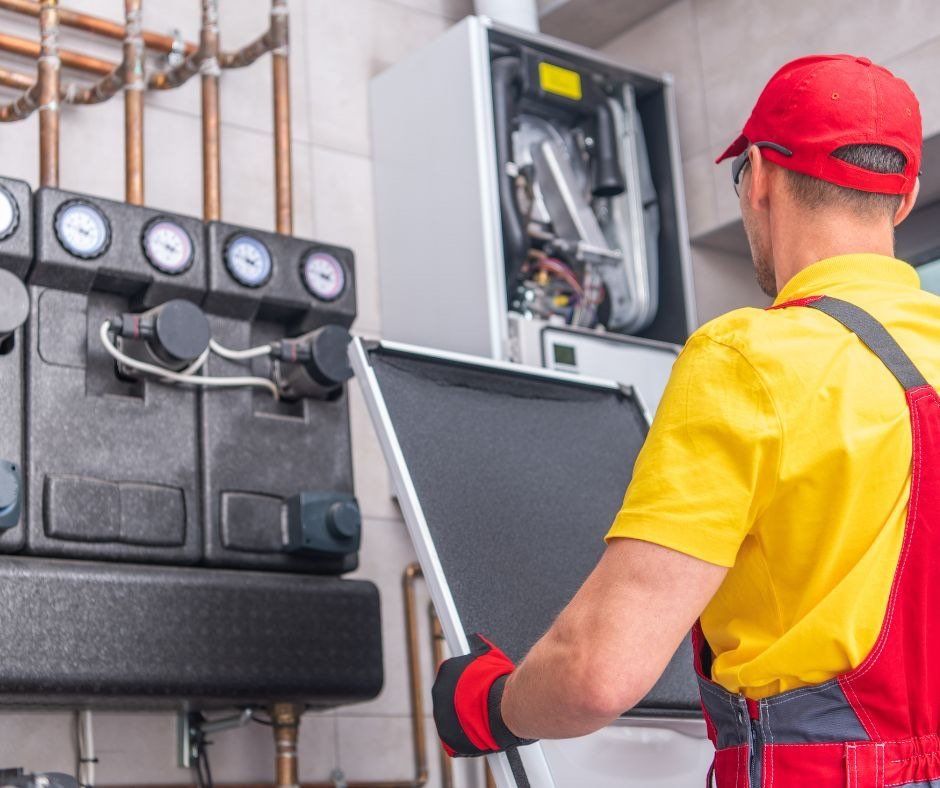10 Heating and Cooling FAQs
The HVAC system is a significant component of your home. It keeps your family warm in the winter and cool in the summer. So it’s no surprise that as HVAC service, installation, and maintenance specialists, we get a lot of questions about how to get the most out of a home’s cooling and heating systems.
10 Most Frequently Asked Heating and Cooling Questions
1. What is HVAC?
HVAC is an acronym for Heating, Ventilation, and Air Conditioning. It describes a complete system that heats and cools your home and provides good indoor air quality.
2. How frequently should I change my air filter?
Air filters trap airborne contaminants to ensure proper airflow and energy efficiency. How frequently the filter should be changed depends on the size of your home, if you have pets, if you suffer from allergies, the air quality where you live, etc. Most manufacturers recommend replacing your filter every 90 days, but the best way to know if it’s time to replace it is to check it monthly to see if it’s dirty.
3. Should I do anything with my outside air conditioner in the winter?
Most air conditioning systems include an outdoor unit called a condenser unit. It contains the outdoor heat exchanger, fan, and compressor. Covering the condenser unit in the winter has both pros and cons. Pros include protection from snow accumulation and debris like sticks and leaves. Cons include the potential for rust or mold growth or nesting pests.
The bottom line is:
· Modern condenser units are built to withstand bad weather.
· If the condenser unit is in a protected area, it’s best not to cover it.
· If you feel it should be covered, use a breathable cover that only extends a few inches down the sides of your unit.
4. What do all those energy efficiency ratings mean?
The ENERGY STAR® program is designed “to help consumers, businesses, and industry save money and protect the environment through the adoption of energy-efficient products and practices. The ENERGY STAR label identifies top-performing, cost-effective products, homes, and buildings.” The ratings are based on the following:
- SEER rating – Seasonal Energy Efficiency Ratio
- EER rating - Energy Efficiency Ratio
- HSPF - the Heating Seasonal Performance
- AFUE - Annual Fuel Utilization Efficiency
5. What type of HVAC system should I get?
The four leading heating and cooling systems include split systems, hybrid systems, duct-free, and packaged systems. Spit systems are the most commonly installed system. Hybrid systems allow you to switch your heat source for energy and cost savings. Ductless systems are suitable for areas that don’t have ductwork. Packaged systems are better for small homes in warm climates. One of Ultimate Comfort’s highly skilled technicians can help you determine the most suitable system for your needs.
6. How big should my HVAC system be?
The best size depends on the square footage of your home, insulation values, the number of windows, the quality of the glass, and the direction they face, among other factors. If an HVAC system is too small, it won’t heat and cool your home properly. On the other hand, if it’s too big, it becomes inefficient and unnecessarily increases your heating and cooling bills.
7. How long should my HVAC system last?
There are too many variables to determine how long an HVAC system will last – the climate, how well it’s maintained, etc.; however, the average HVAC system should last between ten and 25 years. Here are seven signs it may be time to replace your HVAC system.
8. How can I lower my energy bills?
With rising costs, many homeowners are looking for ways to save money. Fortunately, there are many steps you can take to lower your energy bills – from installing a higher-efficiency system or programmable thermostat, sealing doors and windows, properly maintaining your system, etc.
9. What and how often do I need to have my heating and cooling system serviced?
Regular servicing ensures your family’s comfort, helps catch issues before they become expensive repairs, and can help extend the life of your HVAC system. Therefore, we recommend having your HVAC system inspected by a professional twice a year to ensure everything is in good working order.
10. Do I need to have the air ducts cleaned?
Air ducts deliver heated or cooled air to different parts of your home. Regularly cleaning those ducts may seem like a logical maintenance item; however, the U.S. Environmental Protection Agency does not recommend regular air duct cleanings unless there is an issue, such as mold or rodents.
The EPA states, “Duct cleaning has never been shown to actually prevent health problems. Neither do studies conclusively demonstrate that particle (e.g., dust) levels in homes increase because of dirty air ducts. This is because much of the dirt in air ducts adheres to duct surfaces and does not necessarily enter the living space.”
Learn More About HVAC System Installation, Maintenance, and Repair
Have more questions about your heating and cooling system? The friendly technicians at Ultimate Comfort Heating & Cooling can help! We have the experience to get the job done right, backed by an incredible parts and labor guarantee.
Call us today at 610-750-8314 or connect with us online for a FREE Comfort Analysis!

